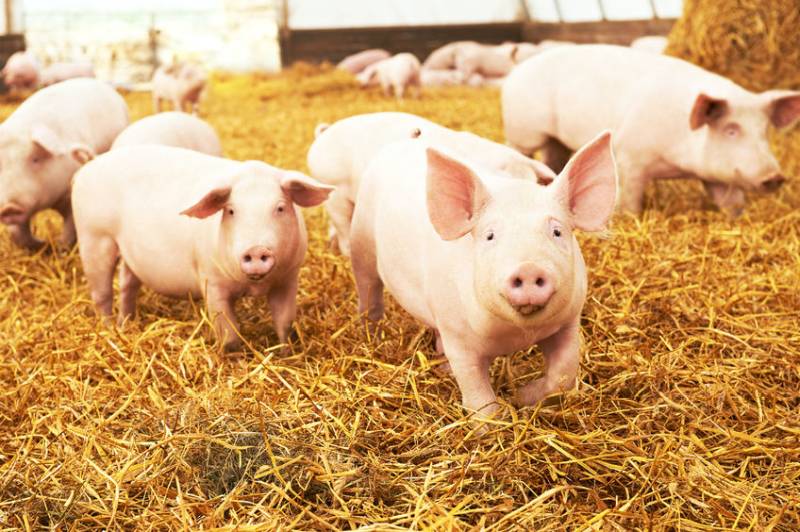
The government has launched its 5-year action plan to set new targets on containing and controlling antimicrobial resistance in the farming industry.
Farmers will reduce antibiotic use in animals by 25% between 2016 and 2020, with objectives to be refreshed by 2021.
Since 2014, the UK has cut the amount of antibiotics it uses by more than 7% and sales of antibiotics for use in food-producing animals have dropped by 40%.
But the number of drug-resistant bloodstream infections have increased by 35% from 2013 to 2017.
The government has also published its 20-year vision for how the UK will contribute to containing and controlling AMR by 2040.
To promote animal husbandry that prevents endemic diseases, the UK will develop plans with the livestock sector to improve animal health and address endemic disease issues through disease control schemes, veterinary advice and health planning, and tools for promoting knowledge transfer.
The plan will also evaluate the impact of changes in animal husbandry practices and antibiotic use on farm economics and use the findings to promote best practice.
It also calls for more encouragement of regular monitored animal health planning as a key strategy for infection prevention and control in farmed animal enterprises.
NOAH, a group which represents the UK animal health industry, said the plans will ensure 'real progress' is made.
NOAH Chief Executive, Dawn Howard said the group “welcomes opportunities to explore options for a co-ordinated research programme to develop novel and improved vaccines, strategies and diagnostics for livestock, fish, companion animals and horses, based on identified market gaps.”
She added: “But UK Government must deliver a regulatory environment to encourage innovation, investment, productivity and the development of new veterinary medicines, including vaccines, to help drive innovation and encourage a thriving UK animal health sector.”
